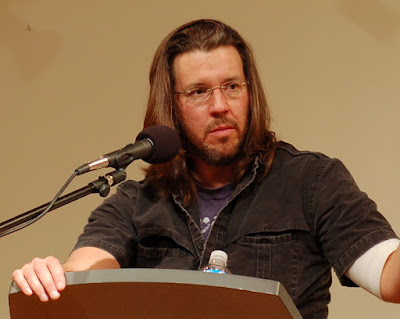There are reasons the Founding Fathers of our fledgling Republic distributed power amongst three branches of government. They were well aware of the consequences of having power solidified in a single entity, the monarch. Hence, they created a checks-and-balances system of government to prevent the consolidation of power.Currently there is an attempt to restrain the judicial branch of government in the United States. This is not an isolated incident. A brief review of history reveals numerous examples of how totalitarian leaders took measures against judges or judicial bodies for verdicts or decisions that went against their interest. Here are a number of notable examples:
1. Joseph Stalin (Soviet Union): During Stalin's Great Purge (1936-1938), many judges, prosecutors, and legal officials were executed or sent to labor camps. While these purges were often justified under accusations of anti-Soviet activities or conspiracy, many were targeted simply because they were perceived as threats or had issued decisions that were not in line with Stalin's desires.
2. Adolf Hitler (Nazi Germany): In 1934, during the Night of the Long Knives, Hitler's regime executed many political adversaries, including members of the judicial system who were perceived as threats or who had opposed the Nazi party. While not directly a purge of judges for specific verdicts, it was a clear message to the judiciary to align with Nazi policies.
3. Mao Zedong (People's Republic of China): During Mao's Cultural Revolution, the Red Guards targeted many legal officials, including judges, for being part of the "old society" or for issuing verdicts that did not align with the revolutionary ideology. Many were publicly humiliated, imprisoned, or executed.
4. Nicolae Ceaușescu (Romania): Ceaușescu's regime was known for its brutal repression of dissent. Judges and legal officials who issued decisions contrary to the wishes of the Communist Party were often removed from their positions, imprisoned, or executed under trumped-up charges of corruption or anti-state activities.
5. Pol Pot (Cambodia): The Khmer Rouge, under Pol Pot, dismantled the existing judicial system entirely. Judges, lawyers, and legal officials were seen as enemies of the revolution and were often executed or sent to brutal labor camps.
6. Saddam Hussein (Iraq): Under Saddam Hussein's rule, judges who opposed or issued unfavorable verdicts against the regime were often executed or disappeared. The judicial system was heavily manipulated to serve the interests of Hussein and the Ba'ath Party.
* * *
In recent years I've been concerned about the manner in which our U.S. presidents create laws via Executive Order. It's true that presidential powers have been used from the. beginning. George Washington used an executive order to keep our country from getting tangled in a war between Britain and France. Thomas Jefferson also issued an executive order. Abraham Lincoln used his executive authority when he issued his Emancipation Proclamation.
The 20th century dawned with Teddy Roosevelt flexing his executive muscle, initiative 1000 executive orders during his presidency. FDR issued over 3700 executive orders to address the Great Depression and World War II. His attempt to stack the Supreme Court was especially noteworthy. Several of FDR's initiatives were determined to be unconstitutional and were struck down by the Court. In response he attempted to stack the court in his favor by adding six new Justices to the court for a total of 15. Critics saw it as an attempt to undermine the judiciary's independence and to consolidate executive power, which is exactly what it was. Ultimately, the Senate had its say, defeating the bill by a vote of 70 to 20.
Today President Biden is attempting to bring the Supreme Court under the wing of the Executive branch by doing away with lifetime appointments. He is currently pressing Congress to pass legislation that would establish term limits and a system enabling a sitting president to appoint justices every two years. This would give the executive branch control of the jdcial branch of government, thereby weakening the original checks and balances system, changing our Constitution and threatening democracy.
The unchecked consolidation of power is not in the best interest of the people or our future. When presidents can bypass Congress with Executive Orders and the Court becomes a branch of the Executive, we're getting closer to the political system our Founders railed against.




.jpg)
.jpg)











